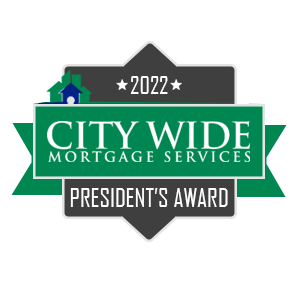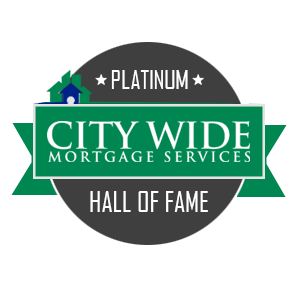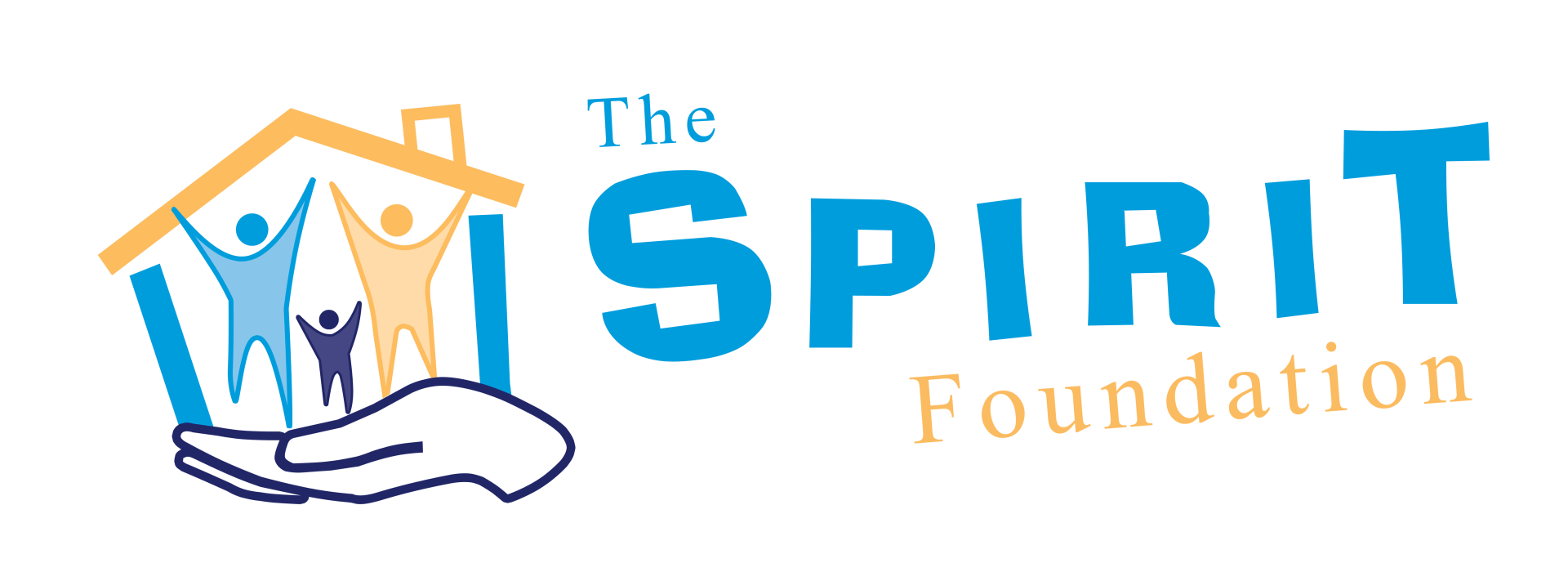Is Alternative Lending the Right Choice for Your Mortgage Needs?
Alternative Lending in Canada: What It Is and When It Makes Sense
Not everyone fits into the traditional lending box—and that’s where alternative mortgage lenders come in.
Alternative lending refers to any mortgage solution that falls outside of the typical big bank offerings. These lenders are flexible, creative, and focused on helping Canadians who may not qualify for traditional financing still access the real estate market.
Let’s explore when alternative lending might be the right fit for you.
1. You Have Damaged Credit
Bad credit doesn’t have to mean your homeownership dreams are over.
Many alternative lenders take a big-picture approach. While credit scores matter, they’ll also look at:
- Stable employment
- Consistent income
- Size of your down payment or existing equity
If your credit has taken a hit but you can demonstrate strong income and savings—or have a solid explanation for past credit issues—an alternative lender may approve your mortgage when a bank won’t.
Pro tip: Use an alternative mortgage as a short-term solution while you rebuild your credit, then refinance into a traditional mortgage with better terms down the line.
2. You're Self-Employed
Being your own boss has its perks—but mortgage approval isn’t usually one of them.
Traditional lenders require verifiable, consistent income—often two years’ worth. But self-employed Canadians typically write off significant expenses, reducing their declared income.
Alternative lenders are more flexible and understanding of self-employed income structures. If your business is profitable and your personal finances are healthy, you may qualify even with lower stated income.
Even if interest rates are slightly higher, this option is often worth it—especially when balanced against tax planning and business deductions.
3. You Earn Non-Traditional Income
Today’s income sources aren’t always conventional. If you earn through:
- Airbnb rentals
- Tips and gratuities
- Rideshare or delivery apps (like Uber or Uber Eats)
- Commissions or contracts
You might face challenges with traditional lenders.
Alternative lenders are often more willing to work with these non-standard income streams, especially if the rest of your mortgage application is strong. Some will consider a shorter income history or evaluate your average earnings in a more flexible way.
4. You Need Expanded Debt-Service Ratios
Canada’s mortgage stress test has made it harder for many borrowers to qualify with big banks.
Alternative lenders can offer more generous debt-service ratio limits—meaning you might be able to qualify for a larger mortgage or a more suitable home, especially in competitive markets.
While traditional GDS/TDS limits typically sit at 35/42 or 39/44 (depending on your credit), some alternative lenders will go higher, especially if:
- You have a larger down payment
- Your loan-to-value ratio is lower
- Your overall financial profile is strong
It’s not a free-for-all—but it’s more flexible than bank lending.
So, Is Alternative Lending Right for You?
Alternative lending is designed to offer solutions when life doesn’t fit the traditional mold. Whether you're rebuilding credit, running your own business, or earning income in new ways, this path could help you get into a home sooner—or keep your current one.
And here’s the key: You can only access alternative lenders through the mortgage broker channel.
Let’s Explore Your Options
Not sure where you fit? That’s okay. Every mortgage story is unique—and I’m here to help you write yours.
If you’re curious about alternative mortgage products, want a second opinion, or need help getting approved, let’s talk. I’d be happy to help you explore the best solution for your situation.
Reach out anytime. It would be a pleasure to work with you.
MORE ARTICLES








